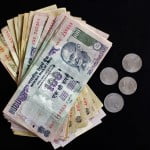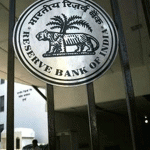The rise in duty, effective from today (Monday), is in response to the representations made by the domestic milk and dairy product producers. The revised duty will be in force till 31 March, 2016.
Announcing the decision, Revenue Secretary Hasmukh Adhia said that the dairy sector was just one of the several industrial sectors that are approaching the government for protection from slump in global prices.
“Responding to the industry representation, we have protected the interests of the milk producers. It is for the industry to seek action against anti-dumping,” Adhia said.
India had recently imposed safeguard duty on hot-rolled steel to protect the interests of domestic players.
The domestic steel industry had represented to the government about their financial health deteriorating because of surge in imports of steel at a price lower than their domestic cost of production. They have been asking for higher levels of protection including imposition of safeguards duties.
Following the complaint, the Director General of Safeguards conducted an investigation into alleged surge in imports and injury to domestic industry.
The preliminary finding of the DG Safeguards recommended the imposition of provisional safeguard duty at 20 per cent, for a period of 200 days, for “hot-rolled flat products of non-alloy and other alloy steel in coils of a width of 600 mm or more”.
According to Adhia, every industrial sector that is troubled because of cheap imports should make a case for safeguard measures or recourse under anti-dumping mechanism.
The anti dumping, anti subsidies and countervailing measures in India are administered by the Directorate General of Anti dumping and Allied Duties (DGAD) that functions within the Ministry of Commerce and Industry. The DGAD’s role, however, is only to conduct the anti-dumping, anti subsidy or countervailing duty investigation and make recommendation to the government for imposition of anti dumping or anti-subsidy measures. It is the Ministry of Finance that imposes the levy or additional duty.
The industry will have to make a case before DGAD as Ministry of Finance cannot initiate such measures on its own, Adhia explained.
[“source-businesstoday”]





